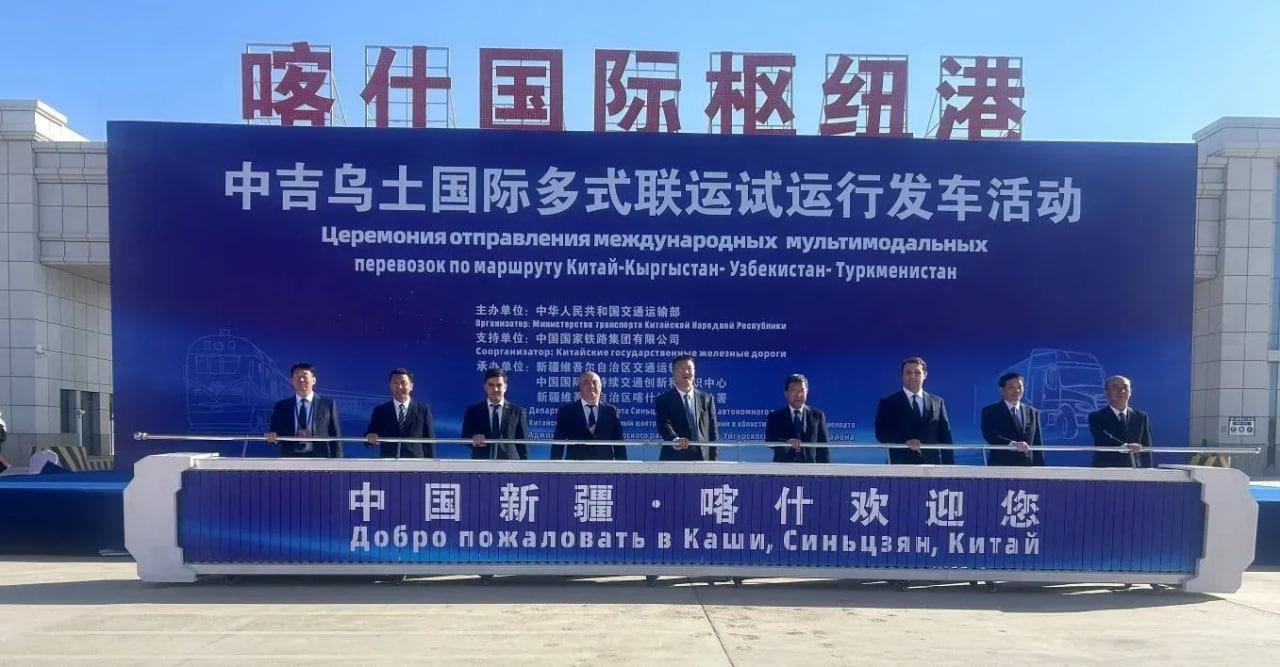YUSHCHENKO, YANUKOVYCH, TYMOSHENKO CONTESTING ELECTION AGAIN
YUSHCHENKO, YANUKOVYCH, TYMOSHENKO CONTESTING ELECTION AGAIN
The campaign for the September 30 parliamentary elections officially kicked off in Ukraine on August 2. This campaign will see the same contenders as in the March 2006 election: President Viktor Yushchenko’s Our Ukraine-People’s Self-Defense bloc (NUNS), except last year it was just Our Ukraine, without Yuriy Lutsenko’s Self-Defense; the Party of Regions (PRU) of Prime Minister Viktor Yanukovych, which represents Eastern Ukraine’s big businesses; and the populists from the Yulia Tymoshenko Bloc (BYuT).
The Communists and the Socialists, which barely made it into parliament in 2006, again will be fighting for their survival. The Communists have better chances than the Socialists, who apparently lost much of their electorate because of their largely unexpected coalition with the PRU. Both are set to enter a coalition with the PRU again, once in parliament.
So far, the campaign is focused on domestic problems, such as corruption, the cancellation of the deputy immunity from prosecution (a top issue with both NUNS and BYuT), amending the constitution, the demographic problem (all three main players promise more money for one-time payments for childbirth) and, to a lesser extent, the official language issue. Foreign political issues are not high on the agenda, and none of the main players have positioned themselves as pro-Russian or decidedly pro-Western. NUNS is pro-NATO; the PRU reluctantly concedes that NATO membership may be on the agenda in the future; and this issue is not among BYuT’s top priorities.
Rumors persist about PRU infighting. Several newspapers have speculated that Yanukovych may be replaced as prime minister by either Ukraine’s richest man, Renat Akhmetov, who is viewed as the PRU’s main financier, or Akhmetov’s right-hand man, Borys Kolesnikov. Both have denied this. Akhmetov said he is not planning to work in the executive at all, and Kolesnikov repeated in several interviews that there is no need to replace Yanukovych as head of the cabinet.
The PRU, confident of its strength, has been the only force among the three main players to not form a bloc. Instead, several small parties ceased to exist to enable their leaders to join the PRU’s list for the election. The list, adopted at the party’s pre-election convention on August 4, includes a record number of government officials: five deputy prime ministers and 11 cabinet ministers. The head of Yushchenko’s office, Viktor Baloha, has suggested that the PRU will not resist the temptation of using “administrative resources,” meaning the government’s illegal participation in the campaign in favor of one party, a frequent charge against former president Leonid Kuchma.
NUNS has ostentatiously crossed Yushchenko’s aides, including Baloha, from its list, in order to preclude accusations against Yushchenko of interference in the election process. Furthermore, Yushchenko in August 6 dismissed six advisers who had decided to run for parliament on the NUNS list. There are, however, two key ministers among the top 10 on the NUNS list: Foreign Minister Arseny Yatsenyuk and Defense Minister Anatoly Hrytsenko. The PRU has already accused Hrytsenko of having recourse to administrative resource, claiming that military servicemen were spotted distributing NUNS campaign materials.
One of the main questions that the election should resolve is whether the current opposition will remain united. Tymoshenko and Our Ukraine (NU) leader Vyacheslav Kyrylenko have pledged that their parties would be together, and never form a coalition with the PRU. Lutsenko, who tops the NUNS list, however, has not ruled out his party’s cooperation with the PRU in a new parliament on specific issues like constitutional amendments or new electoral legislation. “We have to take into account that about one in three Ukrainians backs the PRU,” he told Inter TV, urging “dialogue” with the PRU. Yanukovych, addressing the PRU convention on August 4, urged a broad coalition, but he did not mention either NUNS or BYuT specifically.
Tymoshenko, addressing her convention on August 5, said that corrupt officials should be imprisoned for life, and that judges should be elected by popular vote. BYuT also seeks a new constitution in order to strengthen the presidency. Tymoshenko also promised to do her utmost to revise gas agreements with Russia. She wants to remove intermediaries in the natural gas trade, and she also pledged to return to cheaper gas prices for Ukraine.
Recent opinion polls show that not much should change in parliament after the election, so Yushchenko and Tymoshenko’s hopes for a parliament dominated by their coalition will hardly come true. The PRU is the confident leader of popular sympathies. Some 30-33% of Ukrainians are ready to vote for it, according to the polls conducted independently by SOCIS and the Public Opinion Foundation in June and July. NUNS and BYuT will contest the second position. They should score respectively 13-15% and 14-17.5%, according to the pollsters. The Communists should score 3.5-5%. The Socialists may fail to clear the 3% barrier, as public support for them hovers around 1.1-2.5%.
(Glavred.info, July 30; UNIAN, July 28, August 1, 4; Segodnya, August 2; Interfax-Ukraine, Channel 5, August 4; Inter, August 5; Ukrayinska pravda, August 6)


